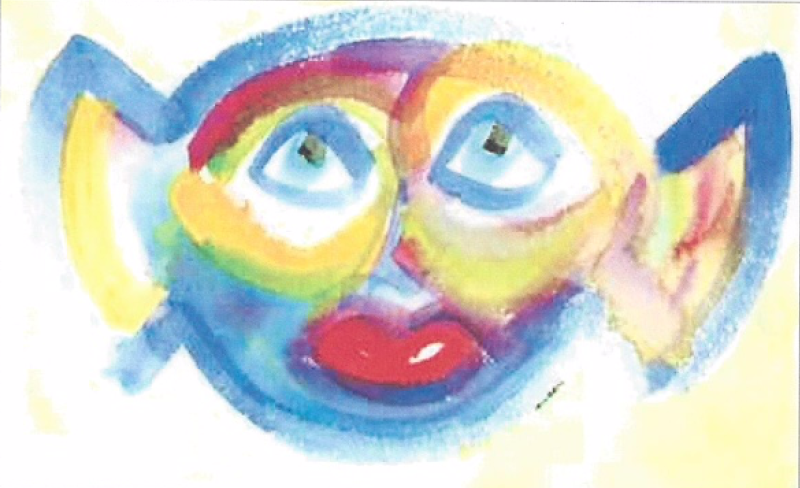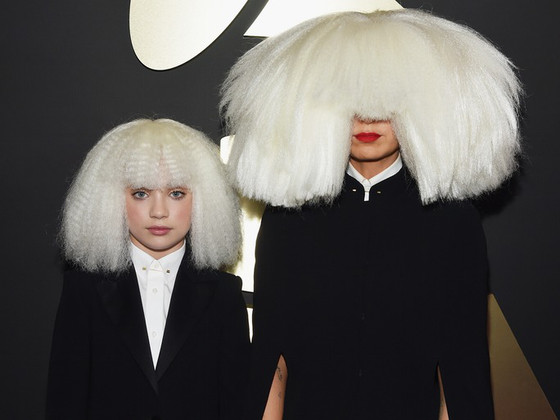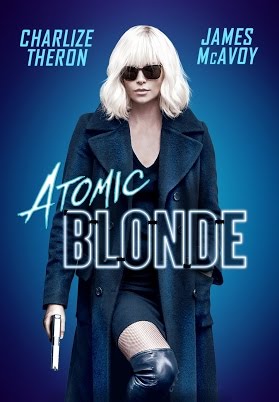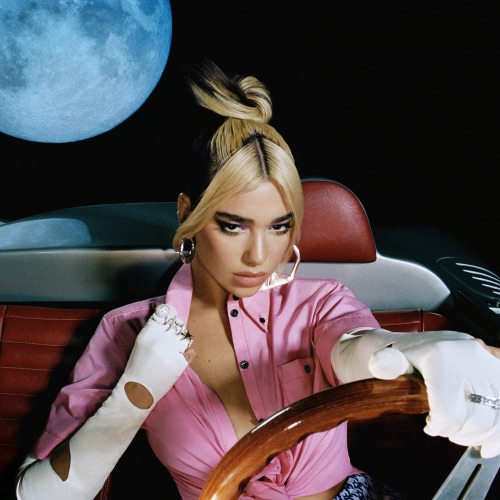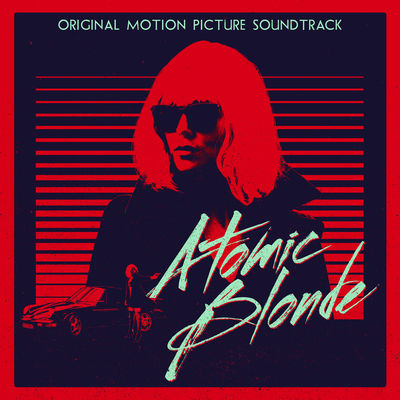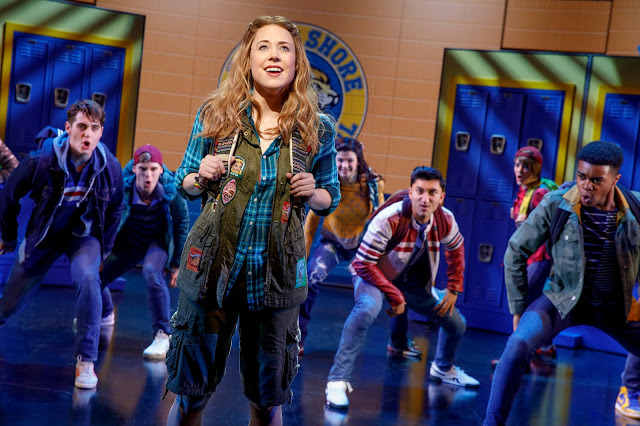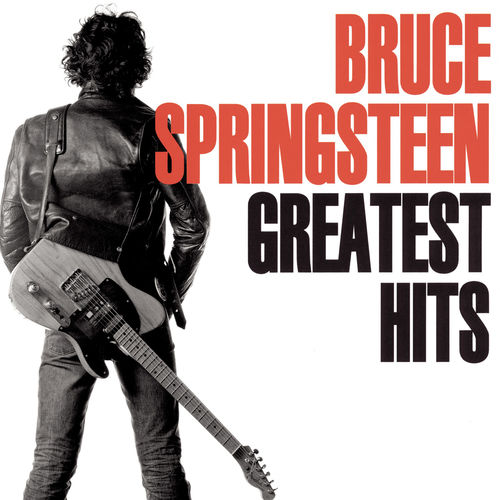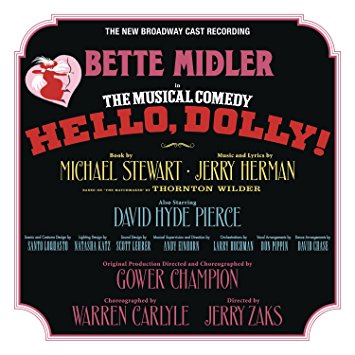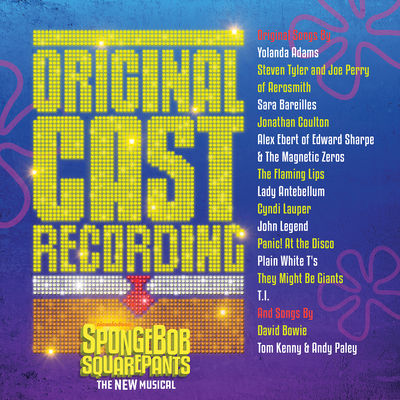'THE THANKSGIVING PLAY' GIVES THE HOLIDAY A ROASTING
 Wednesday, November 7, 2018 at 4:41PM
Wednesday, November 7, 2018 at 4:41PM  Jennifer Bareilles, Greg Keller, Margo Seibert, Jeffrey Bean
Jennifer Bareilles, Greg Keller, Margo Seibert, Jeffrey Bean
HENRY EDWARDS - NEW YORK - November 6, 2018
Larissa FastHorse is an enrolled member of the Rosebud Sioux Tribe of Lakota Nation and the author of “The Thanksgiving Play.” The comedy is the first for Playwrights Horizons; never before in its 47-year history has it mounted a play by an Indigenous playwright.
In a program note, FastHorse tells us Off-Broadway organization has made a commitment to provide “opportunities to engage with many Native artists, Indigenous events, education about the land you are standing on, and helping you ask questions you never thought to ask.”
FastHorse wrote “The Thanksgiving Play” largely as a response to being rejected by theater companies who were unable (or unwilling) to find actual Native Americans to perform in her plays, which often feature at least one Native character.
“Most theaters have never produced a play by a Native American person…and their fears about doing it wrong or offending Natives are paralyzing,” she says.
“The Thanksgiving Play” offers four earnest Caucasian progressives who attempt to create a children’s play that celebrates Native American Heritage Month, annihilates the myths and stereotypes surrounding Thanksgiving, and treats Native Americans respectfully–all in 45 minutes.
“I wrote a really funny comedy,” declares the playwright. “Like a laugh out loud so much that it’s gonna add minutes to your life comedy.”
As for her all-white creations, they are “just real people, primarily liberal, well-meaning folks that we all know and love and are. Like us, they are deeply flawed and fighting for things with a ferocity that is beautiful and tragic.
“More tragic is that, as ridiculous as these characters seem at times, the reality of what I have experienced as an Indigenous person in America is so much more bizarre that people don’t believe it. Life is truly stranger than fiction, but I’ve tried to give you a good dose of both.”
Does a Native American author writing a play about white people trying to write and produce a play about Native Americans with no input from them qualify as stranger than fiction?
One thing is for sure: FastHorse has provided any theater with access to four white actors the opportunity to mount a play that portrays Native American issues through the words of an actual Native American playwright.
Those words do not typically dramatize the erasure in one way or another of Native Americans from history and contemporary life. The dramatist chooses instead to wring laughs out of the foolish actions of her quartet of self-described "enlightened white allies," sneaking in her message at the very end.
Despite my “primarily liberal, well-meaning” persona, if truth be told - and I am telling it now - I did not find FastHorse’s effort “really funny” and “laugh out loud.”
What I observed was an assemblage of stereotypes that I have seen satirized many times before. Their one-note agonizing does amuse and exceptionally likeable actors deliver likeable characterizations, but the unrelenting silliness of the enterprise eventually wears thin and ultimately turns exhausting.
Logan (Jennifer Bareilles), a high school drama teacher and poster child for anxiety, political correctness and veganism, launches the shenanigans.
After her recent production of “The Iceman Cometh” (with a particularly “relevant” cast of 15-year-olds), 300 outraged parents demand her resignation. But thanks to a Native American Heritage Month Awareness Through Art Grant, she is beginning to rise from the ashes of defeat.
Her mission? Logan has been tasked to create a “fully devised” educational drama for grade-schoolers about the first Thanksgiving. The 45-minute epic is meant to undo the whitewashed Thanksgiving myth and demolish all the “misguided governmental policies and historical stereotypes about race then turn all that into something beautiful and dramatic and educational for the kids.”
Logan proudly takes note of the hefty additional financial aid she has raised for her enterprise.
“With the Gender Equality in History Grant, the Excellence in Educational Theater Fellowship, a municipal arts grant and the Go! Girls! Scholastic Leadership Mentorship, this is far more than a Thanksgiving play,” she declares.
Logan’s boyfriend, Jaxton (Greg Keller), is her partner in love, theatrical crime and compulsive veganism. Jaxton practices and teaches yoga, and performs street plays about composting in the local farmer's market.
"I have a day job, but that's not what's important in the story of me," he says.
The couple is soon joined by Cadan (Jeffrey Bean), a third-grade teacher and exceptionally prolific unproduced playwright with Broadway dreams, but no clue about how anything works on stage.
He's a history pedant and a stickler for historical accuracy and comes prepared with stacks of research. If Cadan had his way, the play would begin in Europe 4,000 years before the arrival of the Pilgrims in the New World.
 Jennifer Bareilles and Margo Seibert
Jennifer Bareilles and Margo Seibert
Politically correct to a fault, Logan and her colleagues know that performing Native characters in "red face" is wrong, that the Thanksgiving narrative is "problematic," and that the history of the United States is one of oppression and subjugation.
But what do they really know? Nothing it appears to them - and to us.
In order to obtain the real truth of the Native American experience, they do what earnest white progressives often do and decide to hire a “Native American compass” as their advisor.
Logan checks out the Native American headshots of professional actresses posted online and spots Alicia (Margo Seibert), a Los Angeles actress with braids and wearing a headband and turquoise jewelry. The law prohibits Logan from asking Alicia to confirm her ethnicity and the actress gets the job with no questions asked.
Not before too long, an increasingly flummoxed Logan and Jaxton are horrified to discover that Alicia is white. She's a classic emptyheaded Valley Girl type who is delighted to claim she’s been tested to confirm her low IQ.
Alicia uses headshots as six different ethnic types. “My look is super-flexible," she boasts. Her ethnic versatility enabled her to be hired as third understudy for Jasmine in the Aladdin show at Disneyland.
“Is Lumière a real candlestick?” she wonders.
To her dismay, Logan cannot fire Alicia for cause simply because the actress has turned out to be white.
Left with the daunting reality that four white people have to create a play about Thanksgiving and Native Americans “that doesn't piss off the funders or the parents or the universe," the group stumbles on.
 Greg Keller, Jennifer Bareilles, Jeffrey Bean, and Margo Seibert
Greg Keller, Jennifer Bareilles, Jeffrey Bean, and Margo Seibert
Most of humor continues to derive from their hopeless in-fighting and ridiculous attempts at problem solving.
There is an unnerving moment when the troupe simulates an awful and conceivably accurate historical scenario: two white men laughing and kicking around a pair of blood-soaked, severed Natives’ heads as if they were bowling balls.
The savagery of the satire proves even more shocking because it turns unexpectedly in a play that is so determined not to shock. It also represents the typical expectatioms that FastHorse chose to ignore.
Logan is earnest about theater and doing the right thing and wants everyone to feel part of the collaboration. Surviving a series of tortured mental exercises, including improv sessions in a “world of yes,” she concludes that the only way to honor the erasure of indigenous peoples is by erasing them again.
FastHorse's salient point is exceptionally clear: well-intentioned, politically correct white people inevitably screw up mightily when it comes to dealing with Native Americans (or for that matter any other stigmatized group).
Wilson Chin’s classroom set is terrific and I loved the witty posters of Logan's school productions of “Angels in America” and “Who's Afraid of Virginia Woolf?”
Mikaal Sulaiman's sound design includes piano accompaniment for the occasional awful Thanksgiving musical numbers that pop up between scenes. Ironically, racism is treated with greater seriousness in one or two of the musical interludes.
Director Moritz von Stuelpnagel pushes with every fiber of his being to make the concoction work. The actors run around, scream and squirt seltzer at each other. But an extended sketch is still nothing more or less than an extended sketch no matter how fast you pace it and gloss over its deficiencies.
Through it all, Jennifer Bareilles, Greg Keller, Margo Seibert and Jeffrey Bean deliver joyful, highly energized, performances without a smidgeon of condescension. They are admirable and they are fearless.
In addition to New York, “The Thanksgiving Play” has been performed in Portland, Baltimore and Minneapolis, and I suspect that is just the beginning.
Larissa FastHorse turns out to have been on to something. My suggestion is to keep your eyes on her.
 “The First Thanksgiving at Plymouth”
“The First Thanksgiving at Plymouth”

